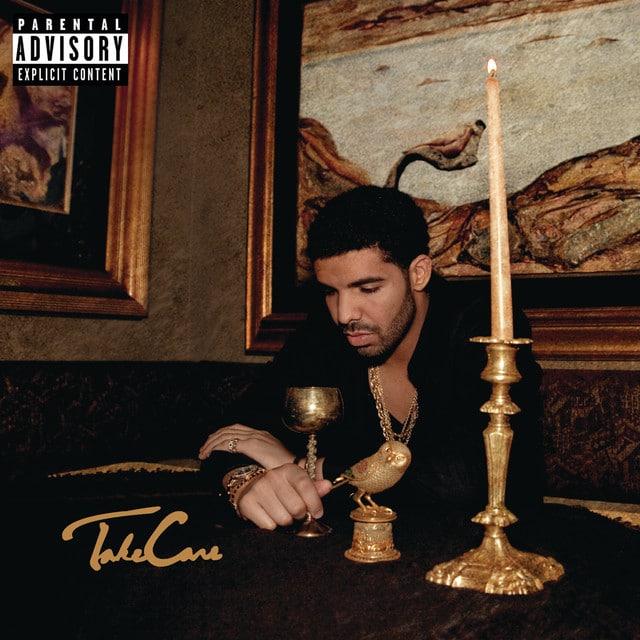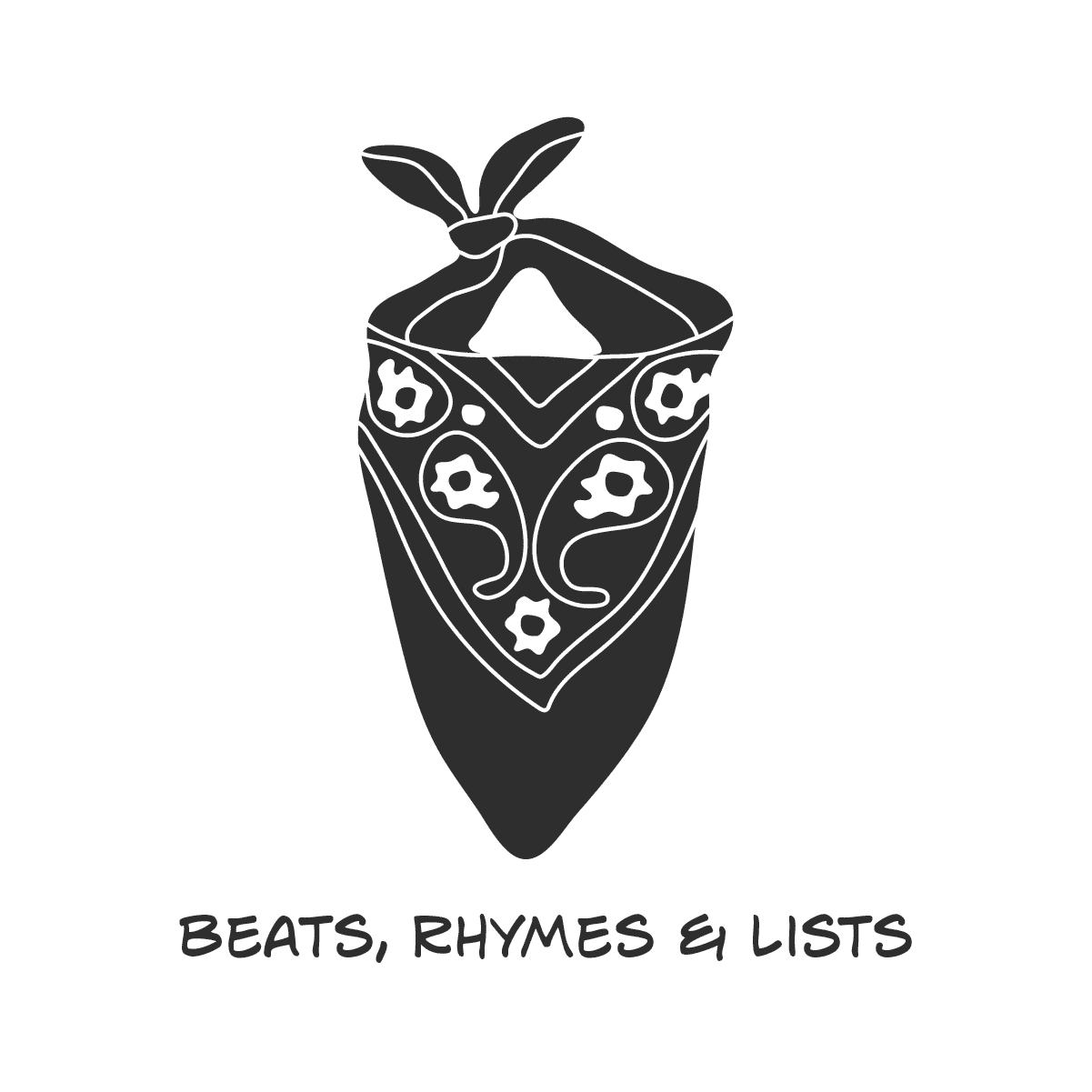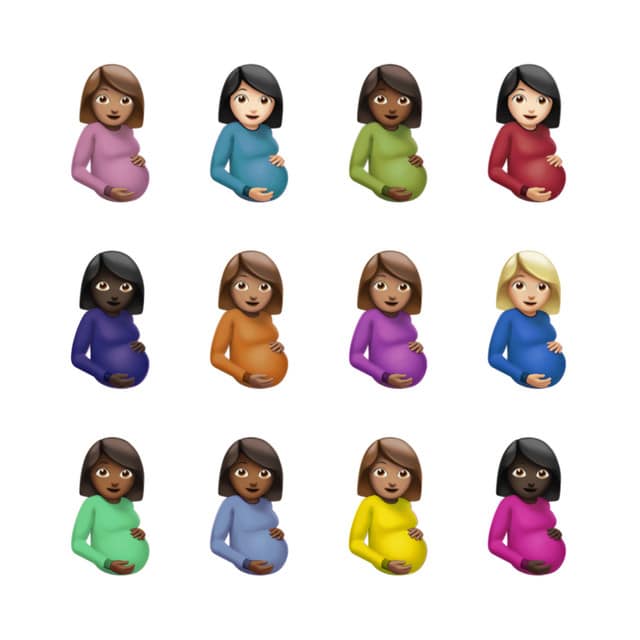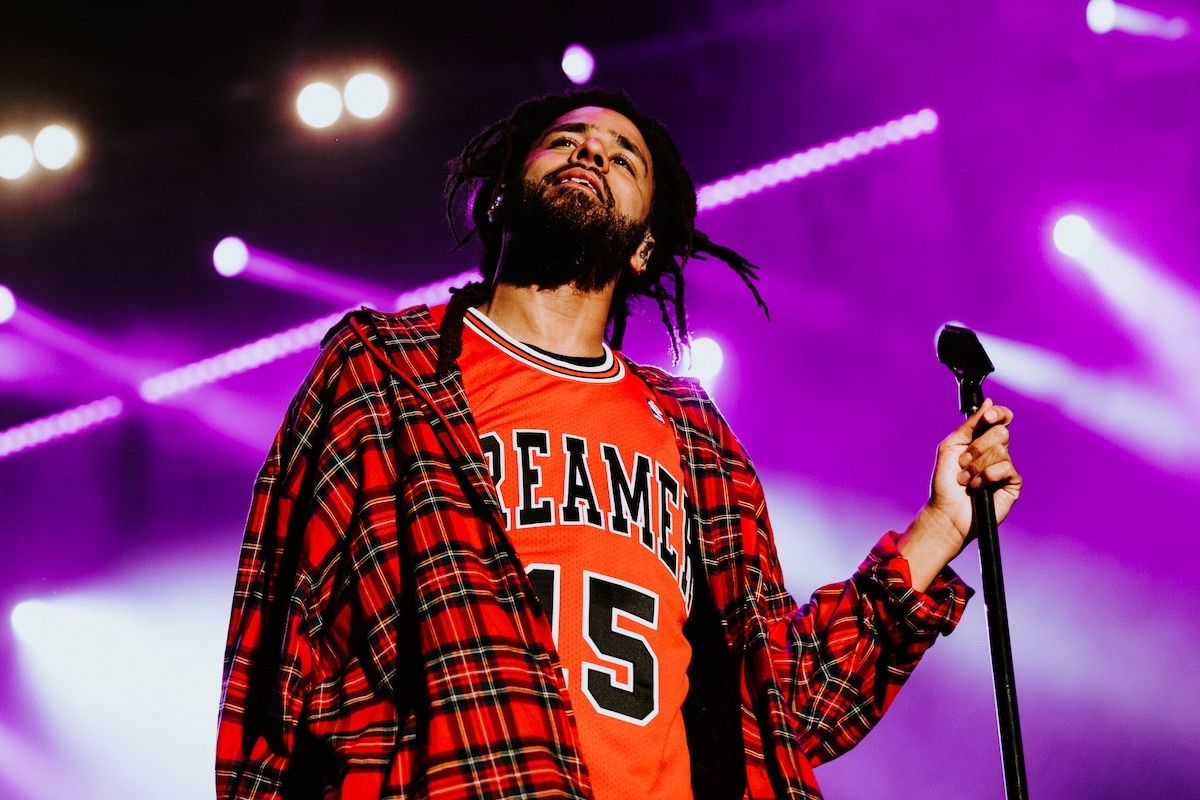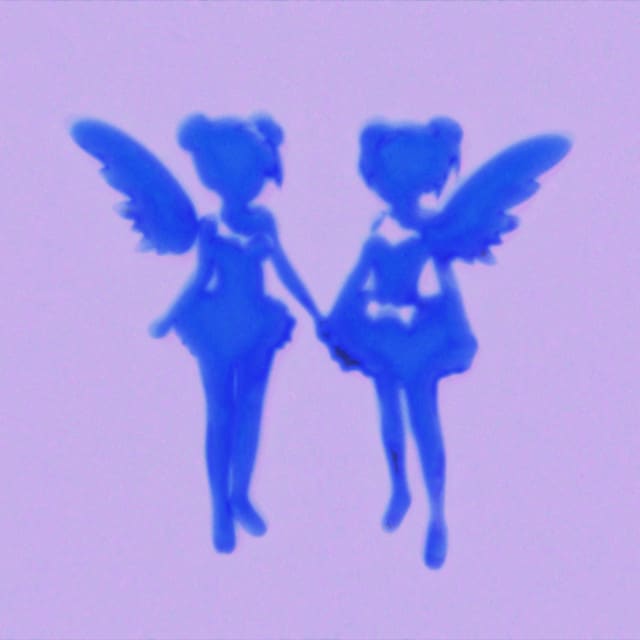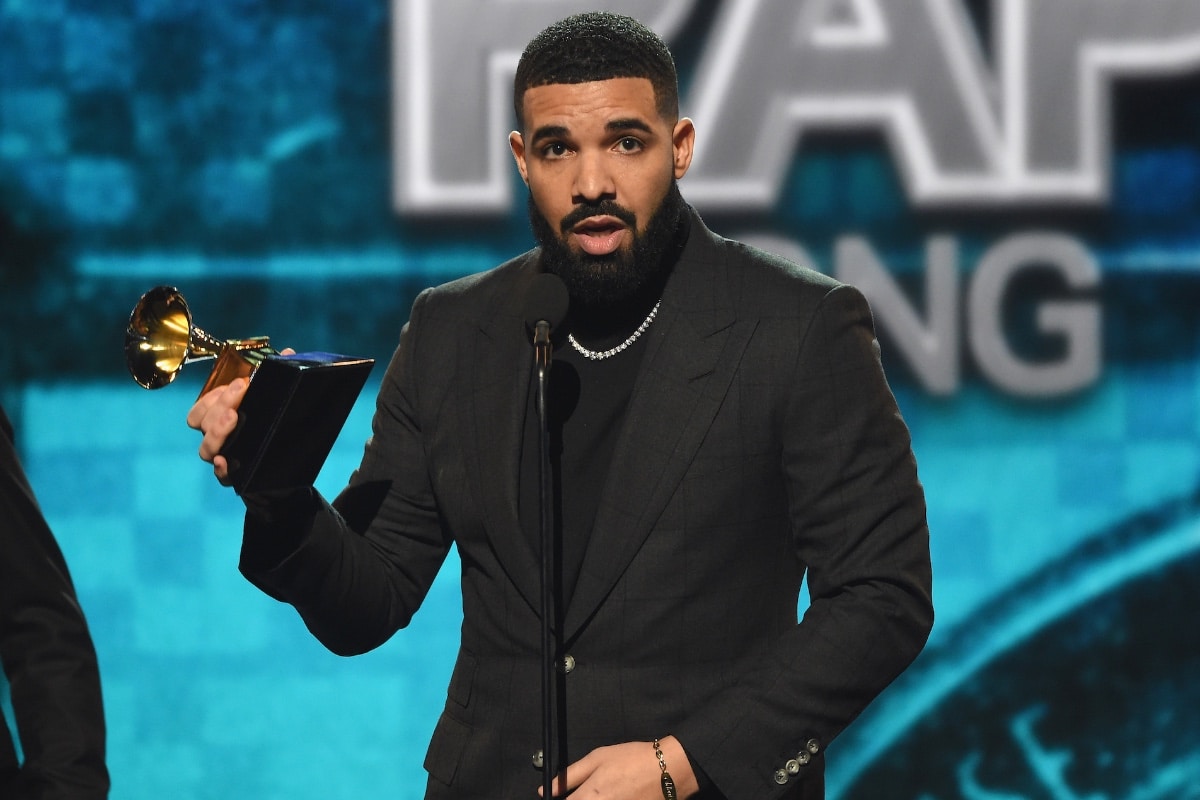Released: 2011
Label: Cash Money Records/Young Money Ent./Universal Rec.
Featuring: The Weeknd, Rihanna, Kendrick Lamar, Birdman, Nicki Minaj, Rick Ross, Lil Wayne, André 3000
Get ready to step aboard a fly lyrical journey, as we dive into the intricate labyrinth that is ‘Take Care’ by the one and only Drake. This ain’t just any album, this is the soundtrack of a generation, a 2011 classic that positioned Aubrey Drake Graham atop the hip-hop Olympus. An emotionally charged tour-de-force, it’s a tool kit of emotions draped in layered soundscapes, and we’re here to dissect it, bar by bar, track by track.
From the hauntingly poignant piano chords of ‘Over My Dead Body’, to the braggadocious vibe of ‘Headlines’, to the existential introspection in ‘Marvins Room’, ‘Take Care’ is an invitation into Drake’s mindspace, a walk through the chambers of his heart. Recognized for his emotionally raw narratives and gilded with a Grammy, ‘Take Care’ is where we see Drake’s pen game leap past formidable to extraordinary.
True to the essence of hip-hop, this album ain’t just about melodies and beats, it’s a soundscape decorated with aural anecdotes from Drizzy’s life. The album’s lyrical genius is as captivating as the 808s, and it’s this weaving of verses that sealed Drake’s status as a rapper who delivers his truth with audacious eloquence. With ‘Take Care’, Drake gave us a slice of his life, framed in lyrics that are as piercing as they are poetic.
So let’s get into it. From ‘Over My Dead Body’ to ‘The Motto’, here are the Breaking down the Lyrics on ‘Take Care ‘ by ‘Drake.
1 Over My Dead Body
It’s divulging Drizzy’s awareness of his spot under the limelight, his success, worries, and pains. You hear the braggadocio of a man at the top of his game while still battling his internal battles. Reference to Michael Jordan, a nod towards his own competitive spirit, reveals Drizzy’s relentless quest for greatness. The track ending with “3 in the morning, Still going down”, signals Drake’s willingness to face the consequences of his choices, a recurring theme throughout the album.
2 Shot For Me
It’s a song that clings to the fragments of a past relationship, soaked in regret and resentment. Drizzy uses this platform to convey a sense of scorn towards his ex-lover, accusing her of ingratitude for the identity he claims to have crafted for her. With Toronto as his backdrop, he paints a picture of the city’s sociocultural dynamics, infusing jealousy and competition into his narrative. Through his words, Drake presents a tale of love lost, misunderstood intentions, and a toast to moving on – a testament to the emotionally complex landscape of his hip-hop balladry.
3 Headlines
His slick, confessional baritone slides over a minimalist beat, echoing the internal struggle of his journey in the industry. He reflects on the painful irony of being surrounded by an entourage yet feeling isolated, his lavish lifestyle contrasted with the desire for genuine human connection. Frustratingly aware that his newfound fame attracts both admirers and detractors, Drake navigates thorny issues of trust and loyalty. Whether it’s the media’s demand for the “old Drake,” or the critique from the “soap opera rappers,” Drake’s narrative draws on the duality of his identity – the self-assured superstar and the introspective artist. The repetition of “They know” serves as a mantra, a reassurance of his authentic self amidst the contradictions.
4 Crew Love
Drake spits bars about the intoxicating effect of his crew’s success, his ambivalent relationship with wealth, and the magnetic pull he evidently has on women, attributed largely to his rising status. Halfway in, the song turns introspective, with references to trading in Harvard dreams for chart domination and familial comfort, revealing a side often concealed beneath his opulent rapper persona. A layered lyrical landscape, “Crew Love” is a nuanced portrayal of an artist juggling his past and present, deftly painted in the unique Drake style. It’s an immersive delving into the psyche of a man touched by fame, unapologetic yet reflective, raw yet refined.
5 Take Care
Drizzy paints a vivid, emotional landscape marked by a promise to ‘take care’ of a bruised lover. The song thrives on his wisdom of experiencing both sides of love – from being burned by it to cherishing its warmth. Drake translates his empathy into a resolution of taking care of someone profoundly hurt in love, playing on the duality of his persona – the lover and the healer. This raw, vulnerable appeal, coupled with his stark portrayal of emotional honesty, solidifies “Take Care” as a testament to Drake’s mastery in exploring the unsaid complexities of romantic relationships in the gritty world of hip-hop.
6 Marvins Room
He’s less a braggadocious king here and more a prodigal son turning the club into confession booth. Drizzy exposes the raw truth behind the glitz and glamour of fame: loneliness, regret, and a longing for what could have been. Through the eyes of a rapper stirring Rosé with a stick of past feelings, the song serves as a deeply introspective exploration into Drake’s insecurities and jaded relationship with love. The lyrics reek of nostalgia and unfiltered emotional vulnerability as he dials up an old flame, uncorking frustration and regret, while challenging her current relationship. The track is a sobering heart-to-heart, making it a standout in Drake’s repertoire.
7 Buried Alive Interlude
His lyrics encapsulate a journey teetering between success and self-destruction, as he confronts the fallacies of his reality. The song is pure Drizzy, painting vivid pictures of his lavish lifestyle, complete with Maybachs, Rihanna namedrops, and the glittering sin city. Yet, underneath it all, Drake is wrestling with his personal demons. We witness a man grappling with the dichotomy of his public persona and his private insecurities. “Buried Alive Interlude” is a raw, emotional introspection, a trip into the mind of an artist who’s feeling the weight of his crown.
8 Under Ground Kings
Rocking a slick bassline, Drizzy chronicles his rise from mixtape maven to undeniably influential mainstay amidst a backdrop of muddy waters and deception. Notice how he deals with the fleeting nature of fame with hard-earned respect, marking his turf as the “underground king.” This isn’t just about Drake’s ascension; it’s a nod to the hustle, the grind it takes to make it, echoing an old school ethos. The way he flips the narrative about his critics and doubts into an anthem of resilience and determination reflects not only his lyrical prowess but his knack for turning struggle into swagger.
9 We’ll Be Fine
The track sees Drizzy grappling with his newfound fame, the trials of stardom, and his lingering insecurities. He confronts the ghosts of his past, acknowledges his present success and anticipates the struggles of tomorrow, all while navigating the high-life epitomized by the references to his contemporaries and the lavish lifestyle. The reverence for Aaliyah hints at the influences that shaped him, while the unabashed ambition serves as a testament to his relentless drive. As the lyrics unravel, we get more than just a peek into Drake’s world, offering a layered narrative of triumph and turbulence in the hip-hop landscape.
10 Make Me Proud
Drizzy ain’t just about flash and swag in this joint; he’s giving props to those queens who maintain their finesse amid chaos, flexing their intelligence, health consciousness, and their ability to get things done no matter the odds. The track boasts a bidirectional empowerment journey, reflecting not just on the women striving to reach their goals, but also Drake’s admiration for them. It’s a mutual pride thing, a hip-hop salute to the forces that make ’em hold their heads high and say, “I got this.”
11 Lord Knows
Rooted in the grind and ambition that fuels the essence of hip-hop, Drake uses his polished bars to address the themes of loyalty, success, and the struggles of fame. The lines are filled with raw emotion, criticism, and self-reflection, infusing introspection into the braggadocio that characterize his lyrics. He’s talking about the rap game from a king’s perspective, laden with iconic references that hit harder with each listen. This gem is a testament to Drake’s resilience amidst the industry’s trials. Word to the Six God!
12 Cameras / Good Ones Go Interlude – Medley
Drizzy’s got this two-part track that’s a testament to fame’s fakeness and the peril of letting genuine love slip away. In “Cameras”, the 6 God paints a picture of a superficial relationship that’s fly in the spotlight but flimsy when the flash goes off, a recurring theme in his playbook. Moving on to “Good Ones Go”, we see Drake grappling with regret, longing for a past love who’s moved on, reflecting the struggle and loss evoked in the album’s title “Take Care”. The track’s sonics even mirror this duality: smooth and controlled in “Cameras”, shifting to a raw, vulnerable vibe in “Good Ones Go”. Drizzy shows us the fragile balance between living large at the top and feeling small inside.
13 Doing It Wrong
This cut, profoundly melancholic, grapples with the paradox of love in an era where commitment is elusive, yet the fear of seeing your ex moved on is all too real. Drake’s on his grown man vibes here, narrating a love lost but not quite forgotten. His expressions of inability to stay through the hurt are underscored by the refrain “That’s the wrong thing to do,” portraying a man conscious of the futility in his actions. An introspective soliloquy for the ages, it’s Aubrey Graham at his most vulnerable, spinning pangs of love into lyrical gold.
14 The Real Her
The 6 God lays bare the complexities of romantic relationships, emphasizing the duality of getting to know someone on a superficial level versus understanding their true essence. Borrowing from a playbook of geographical nods, he dials in on Houston, Atlanta, and Vegas girls, perhaps implying the varied personas women don for different contexts. But Drizzy ain’t fooled, he peels back the layers to coax out ‘the real her’. Moreover, the song alludes to a relatable theme of habitual love cycles, and the conundrum of ignoring wise counsel for heart’s desires. This joint is a quintessential Drake – a teardrop in the ocean of his melancholic romance anthology.
15 Look What You’ve Done
He takes us on a journey through his past, detailing struggles, triumphs, and the influence of key figures in his life. The lyrics paint vivid imagery of his much-discussed topics: trials with love, his grinding hustle, and family tension. But this ain’t just another Drake melancholic ballad. Nah, this is a heartfelt thank-you note, acknowledging the strong women who shaped him and kept him grounded. Whether it’s a failed relationship with Nebby or his Aunt’s unconditional love and belief, Drizzy’s laying it all out. Unfiltered and unflinching, homie gives us a raw look into how these relationships molded his journey from the basement to the Grammy stage.
16 HYFR (Hell Ya Fucking Right)
His lyrics reflect the complexity of his experiences, from past relationships to his current lifestyle, unapologetically owning his narrative. Using his home state Texas along with Georgia State as metaphors for his ex-lovers, he narrates the struggles of love entangled with fame and success. His assertive lingo pairs with reflective instances, giving a robust peek into his world. The ‘confession-like’ interviews symbolize a pressurized public gaze, yet his ‘Hell yeah, Fucking right’ bursts out as an anthem of his unswerving stand. In essence, Drake elevates the culture of introspection in hip-hop, merging his inner dialogues with the genre’s bold undercurrents.
17 Practice
The song is an enthralling ode to a woman who’s been mishandled by past lovers; he’s her emotional refuge, the one who appreciates her for who she is. With this sensual ballad, Drizzy flips the script on Big Tymers’ club-banging hit “Back That Azz Up,” charmingly twisting it into an intimate R&B slow-jam. This tribute to the 504 (New Orleans’ area code) illustrates the rapper’s adoration for vintage Cash Money— a clear nod to his influences. Meanwhile, the lyrics dive into the complexities of relationships, exploring themes of trust, past regrets, and the irresistible allure of intimacy.
18 The Ride
He reflects on the struggles of maintaining an image, confronting the dualities of his life—fleeting relationships, material wealth versus emotional bankruptcy, and the solitude of being on top. “The Ride” scrutinizes the ephemeral nature of popularity (“You won’t feel me ’til everybody says they love you, but it’s not love”). This is a heart-to-heart from Drake, a confession of the cost of his ride to stardom, an admission as real as it gets in the hip-hop game.
19 The Motto
With every bar, Drake paints a picture of his extravagant lifestyle, depicting his financial prosperity and the allure that comes with it. With a yolo spirit, he’s clocking stacks, flexing bling, and celebrating his high-flying life — all the while putting his team on the map. The lyrics show Drake’s ability to balance braggadocio with clever wordplay, and it’s clear he’s not just a rapper but a storyteller, capable of turning his experiences into rich narratives. And with shout outs to the Bay Area’s late Mac Dre and Miami’s Uncle Luke, Drake also acknowledges his roots and the hip-hop heritage that shaped him.
